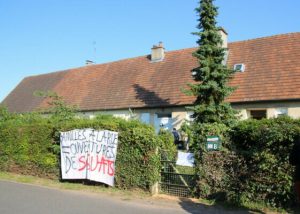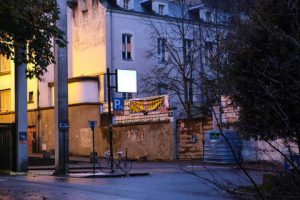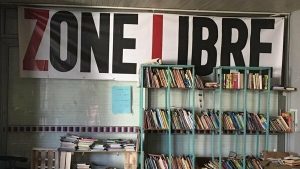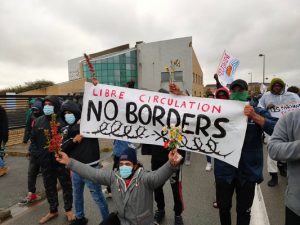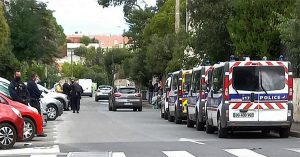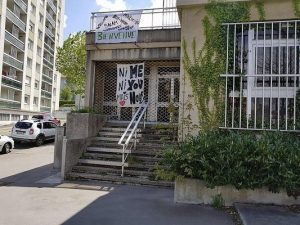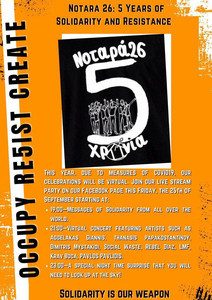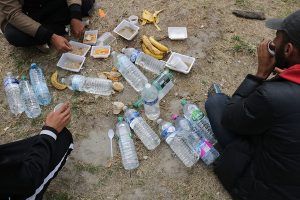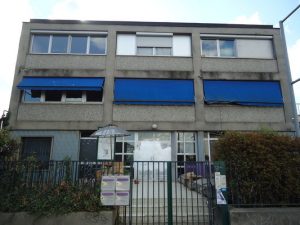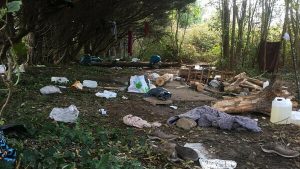 Yesterday morning, October 22, 2020, the Prefecture of Pas de Calais once again proceeded with the eviction and mass destruction of a camp. It was a place called “Unicorn Jungle”, where nearly 300 exiled people were surviving, according to the distribution of tents made by Utopia 56 a week earlier. Once again, the associations denounced the brutality and inefficiency of these operations. They do not respect the fundamental rights of the exiled.
Yesterday morning, October 22, 2020, the Prefecture of Pas de Calais once again proceeded with the eviction and mass destruction of a camp. It was a place called “Unicorn Jungle”, where nearly 300 exiled people were surviving, according to the distribution of tents made by Utopia 56 a week earlier. Once again, the associations denounced the brutality and inefficiency of these operations. They do not respect the fundamental rights of the exiled.
The associations denounce the violation of the exiled people’s right to come and go. Once again, a dozen buses had been chartered to take them to an unknown destination. The authorities carried out a “sheltering” operation for at least 190 people. This “sheltering” of men, but also women and children. The uselessness of this “sheltering” operation can be seen, in particular, by the frequency of these operations. [Read More]
